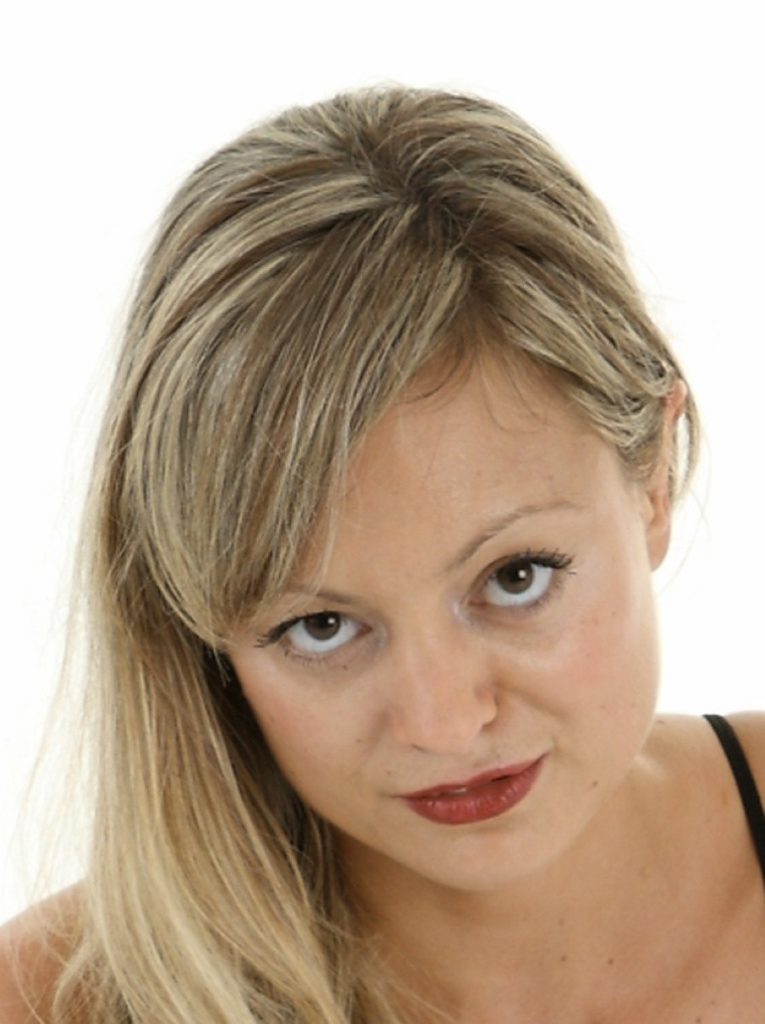Comment: We need a more critical public to take on the 1%
The one per cent don't just control the flow of money – they control an increasingly unreliable media as well.
By Patricia Kaszynska
The prime minister's confession that he rode the horse loaned to Rebekah Brooks by the Metropolitan police is unlikely to escalate into any form of 'horsegate'. However, beyond the superficial scent of a political scandal, what makes this revelation interesting is its implications for the outcomes of the Leveson inquiry.
At the heart of the inquiry is one question: 'who guards the guardians?' The Raisa story makes it apparent that neither journalists nor politicians can keep their watchful eyes set on the target at all times – and certainly not when they are out riding horses. So what about the public?


The folly of public opinion is a topic well covered by the media. The public – with its conflicted and silly views – is a source of never-ending, benign and condescending amusement. And yet, aren't there interests vested in keeping the masses ignorant? It is curious that – in a world verging on the infamous reality 'simulacrum', where facts and representations merge into one seamless flow of sensory stimulation – media-literacy does not figure yet in the school curriculum. One obvious way of fighting manipulation, propaganda and brainwashing would be to give consumers of the media the skills to decipher hidden angles and agendas. In other words, why not make passive customers more actively watchful?
Sadly, the lack of skills and the eradication of critical distance when it comes to media consumption is unlikely to be fixed with an hour of media literacy per week in schools. The problem runs deep in how our society is structured. A historical detour about the public sphere is a good starting point for understanding why the structures of our society are actively conspiring against any healthy, critical oversight of the media.
The term 'classical public sphere' stands for a set of eighteenth-century institutions created by the middle classes, where individuals could come together to discuss matters of 'common interest'. It quickly came to represent a 'mediation zone' between the state and the private sphere – a sort of buffer where state legislation and personal freedom could be negotiated. In a nutshell, it was a space for critical discussion, scrutiny and oversight.
Some would question the claim that the public sphere had a robust power of oversight over eighteenth century monarchs and governments. It is clear that, whatever powers it had, they no longer exist as the public sphere has ceased to exist. The demise of this critical space can be seen as a step toward the much talked about polarization of our society into the one per cent against the 99%. The public sphere was a quintessentially bourgeois formation with the middle classes holding real wealth and exerting considerable political influence; these days, the squeezed middle has been materially 'disenfranchised' and politically 'silenced'. Sadly, the prospect of resuscitating the public sphere does not seem likely at a time when, rather than engaging in critical debate, the majority of 99% is engaged in a daily battle for economic survival.
Moreover, in those rare cases when citizen energy is vested in voicing dissent it has little impact; the Occupy London movement left those yielding power unscathed with business back to normal after the protesters were evicted from what is literally a public space. Political power and material wealth are concentrated in the hands of the one per cent – they are those who set the rules and reap the benefits of these rules. In many cases they are those who are allegedly responsible for observing whether the rules are observed.
It is difficult to ask for a more blatant illustration of the claim that politicians and, at least some, journalists belong to the one per cent than when they go out riding horses together.
Dr Patricia Kaszynska is a senior researcher at ResPublica. Her current research interests lie in the field of education and skills policy, culture and sport, and capabilities and behaviour change. Previously Patricia worked for Demos and the Fabian Society and held the role of parliamentary researcher.
The opinions in politics.co.uk's Comment and Analysis section are those of the author and are no reflection of the views of the website or its owners.












